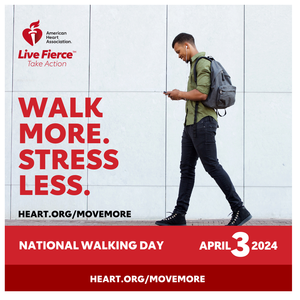
Search News Releases










This link is provided for convenience only and is not an endorsement of either the linked-to entity or any product or service.
CLOSE
PROCEED